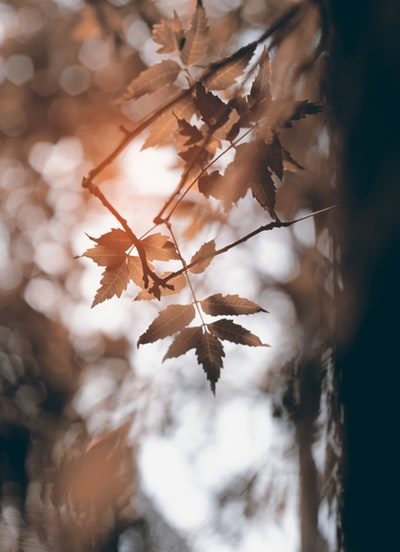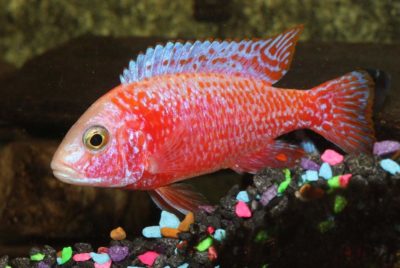All About Neem Oil

Neem Oil is useful as a natural organic pesticide and has been known as a recipe for this purpose for a very long time. Dozens of natural pesticides are available and for preventing harmful insects throughout your garden.
Not all insects are harmful to growing your own food though — some actually aid with enriching the soil, or others such as bees spread pollen. You should not have a goal for a bug-free garden! Anytime there are bad bugs, however, neem oil might be your organic solution.
Garden pest control is known to be a possible big challenge for maintaining a your healthy garden. Chemical pesticides have harmful side-effects, not only for your plants and body, but also for the environment. Assuming you want to your harvest though, doing nothing about invasive garden pests could be devastating.
What Is Neem Oil?
Neem oil is made from the natural seed of the Azadirachta Indica tree. This essential oil is also used for many natural healing purposes too. Just to name a few It can be used as a moisturizer, acne wash and an eczema fighter. One thing to keep in mind though is that using the same oil on your plants that you use on your skin is a mistake because skin, hair, and cosmetic products use a different concentration.
How Does It Work?
The neem plant absorbs oil through its roots, then spreads its oil to the plants vascular system. then, the oil is distributed throughout the entire plant. When an invasive insect tries to eat the plant, the this oil is fatal for the invader.
For organic pesticide protection from many insects including small biting insects like mites and others that can bring harm to your garden this oil works.
The oil as a fungicide is also available and it is useful to prevent root rot and mildew from attacking plants. It dissipates and doesn’t last very long when you apply it directly to your plant, because it dissipates, so it is also not usually harmful to bees.
How Is It Applied?
Testing the affect of neem oil prior to applying it to your garden is recommended. This is the process of oil application.
- Focus on a small area of each plant where you should apply the oil.
- Observe the plant for twenty four hours, then assess your next step. If the plant is damaged in that small area, it can not tolerate this pesticide.
- Also consider that over-saturating with this oil pesticide can burn the plant. This makes the soil soak your best strategy.
- Neem oil can be applied at the base of the plant or it can also be sprayed directly on the plant.
- There is good reason for applying neem oil at the base of the plant because it is more effective when absorbed by the soil. It only protects the plant for 45 minutes when applied directly, but when it is in the soil, the oil pesticide lasts up to 22 days.
The natural pesticide testing procedure in this process is important because although most plants are okay with natural pesticides, but of course it is better to be safe than sorry trying to protect your garden.
What Kind Should I Use?
Several different neem oil brands for pest control are on the market. For the best practice, check to be sure you find one with no extra ingredients. To be safe, there should only be one ingredient on the bottle which is “Azadirachta”. Otherwise, you might find harmful pesticides mixed in with the oil, because some companies will mix them in.
Plantonix Organic Neem Oil is created with 100% cold-pressed neem oil. The pest control concentrate can be mixed with water, then applied to the soil or sprayed directly on your plants. Although sold as a natural pesticide, this concentrate is multi-purposed, because adding a couple of drops to your lotion or shampoo encourages silky skin and shiny hair.
Verdana Cold-Pressed Neem Oil ingredients are also from 100% cold-pressed neem oil so there are no additional ingredients. Similar to the Plantonix organic neem oil brand, this brand can also be used in shampoos or lotions. It is even safe for pets.
Neem Oil Wrap Up
For hundreds of years, neem oil is proven as a very effective method of natural pest control. There is no need to allow mites and other harmful insects to destroy your harvest. Especially after all the work you put into your garden, you want to enjoy the benefits.



